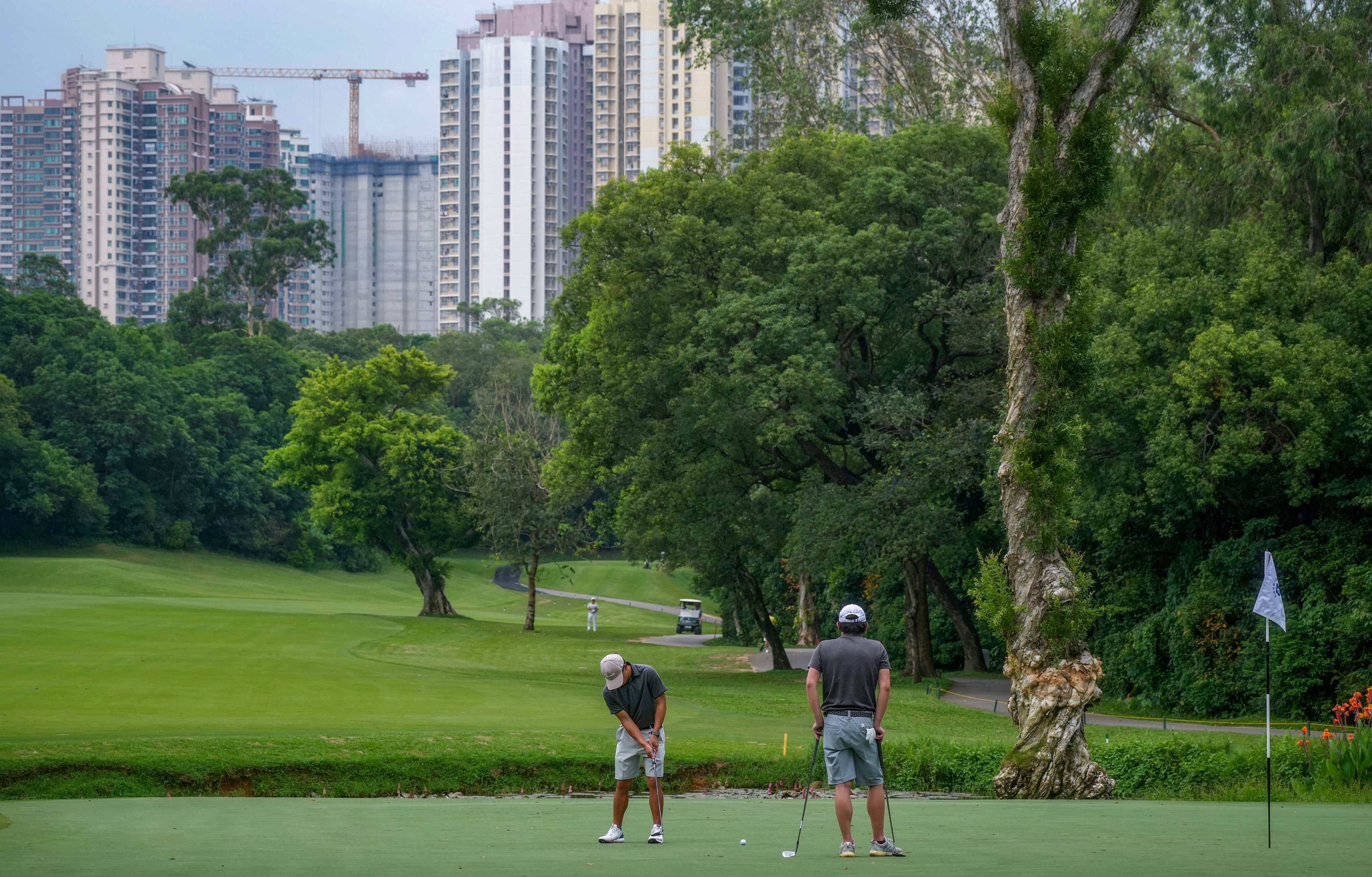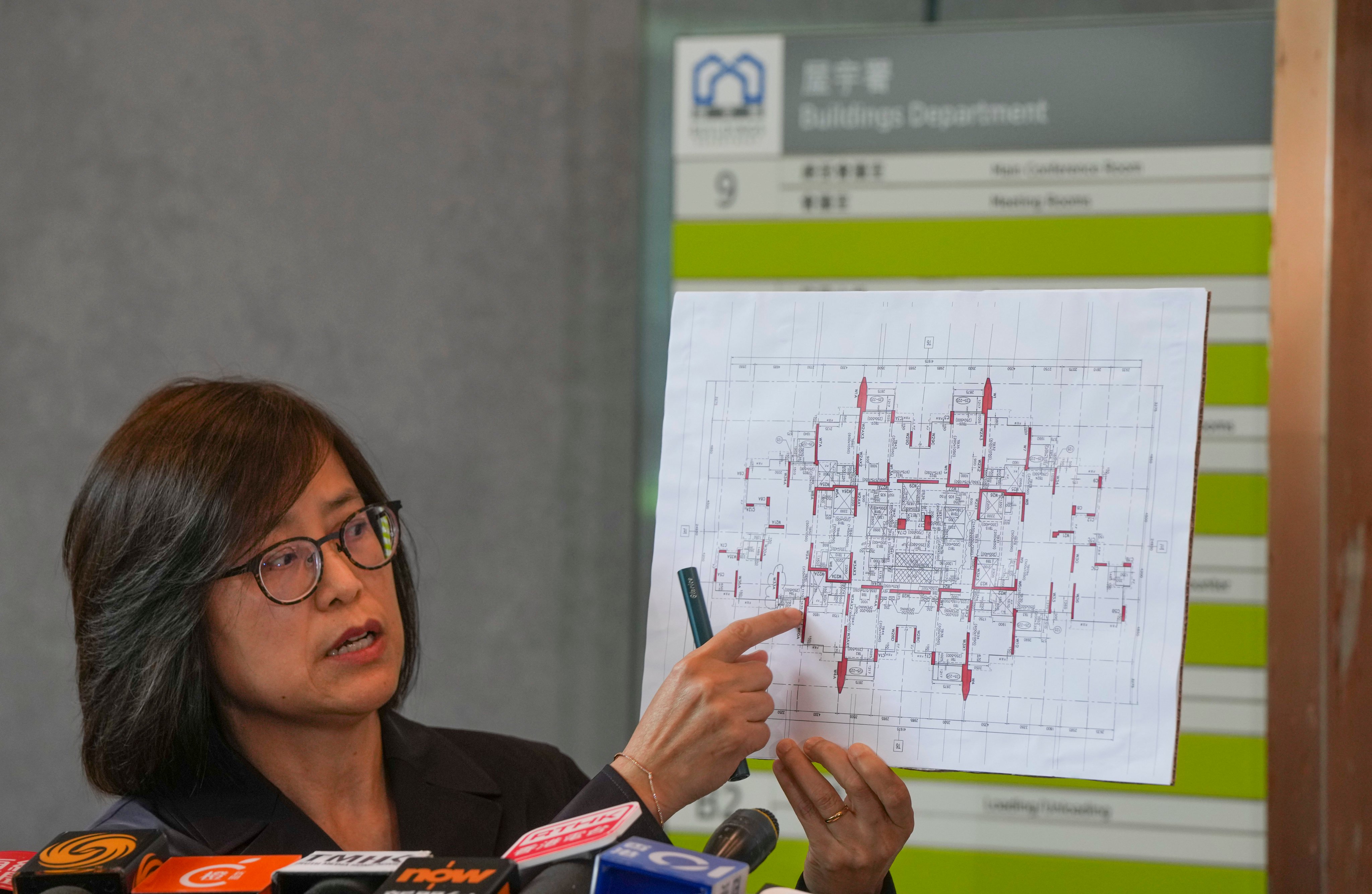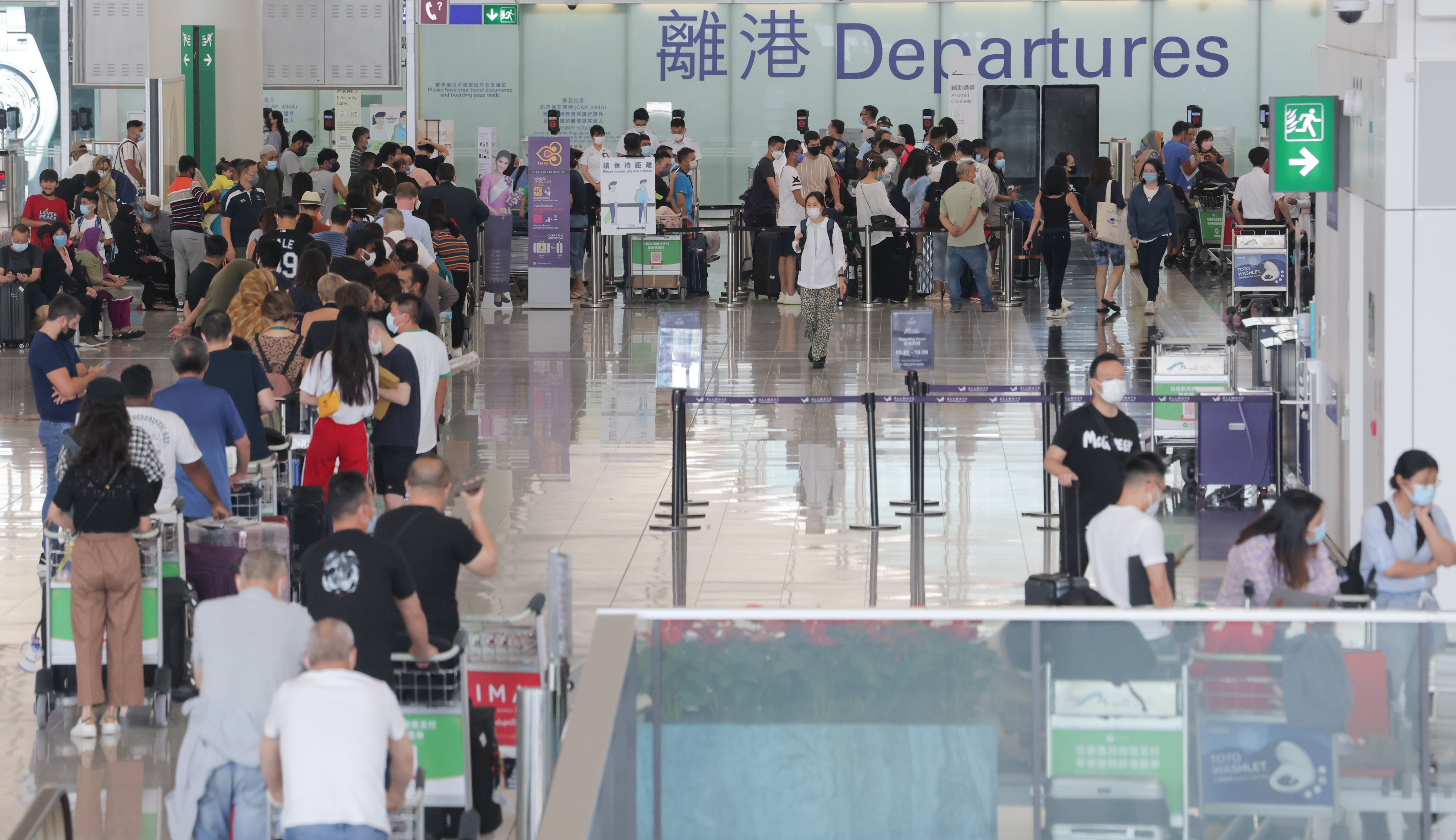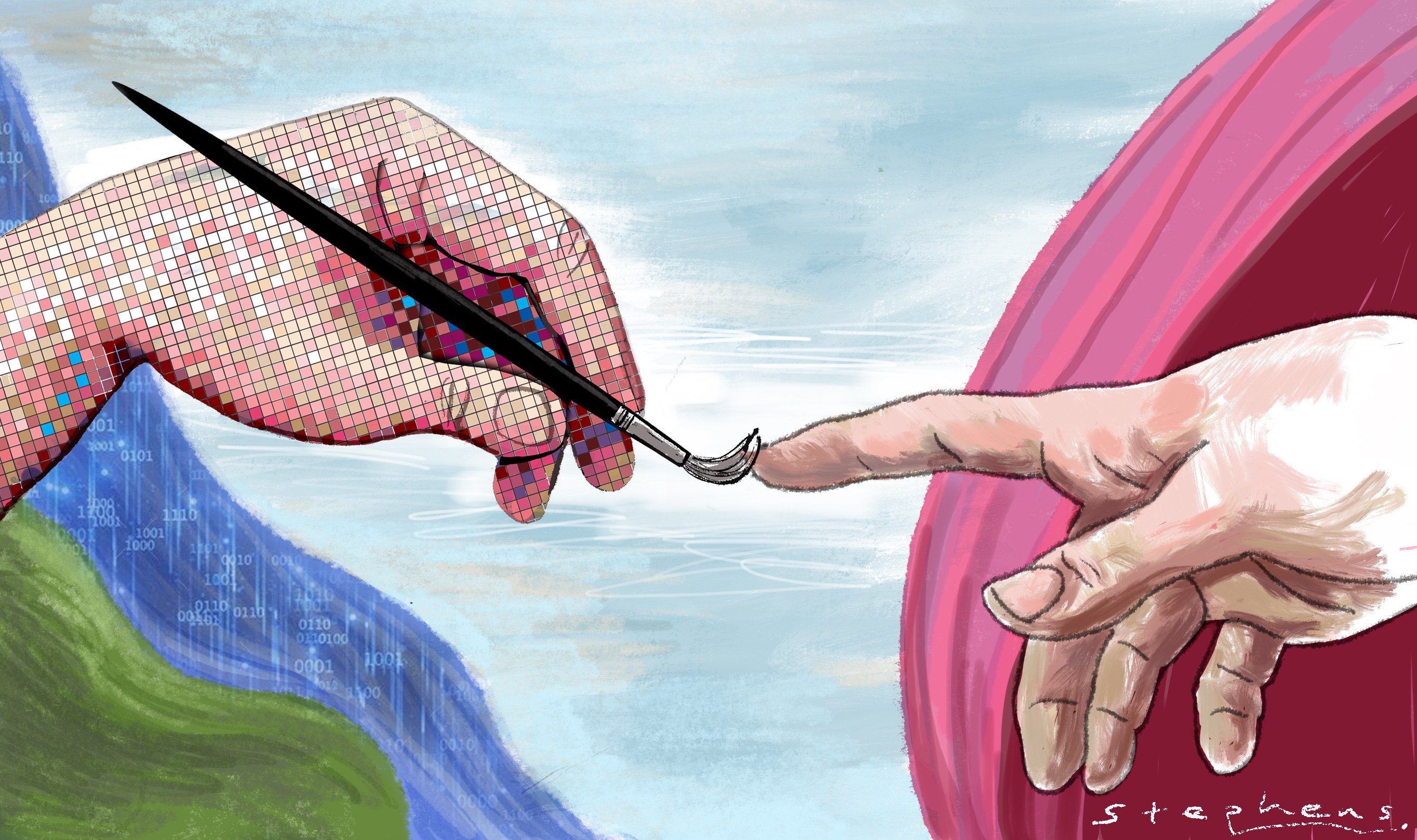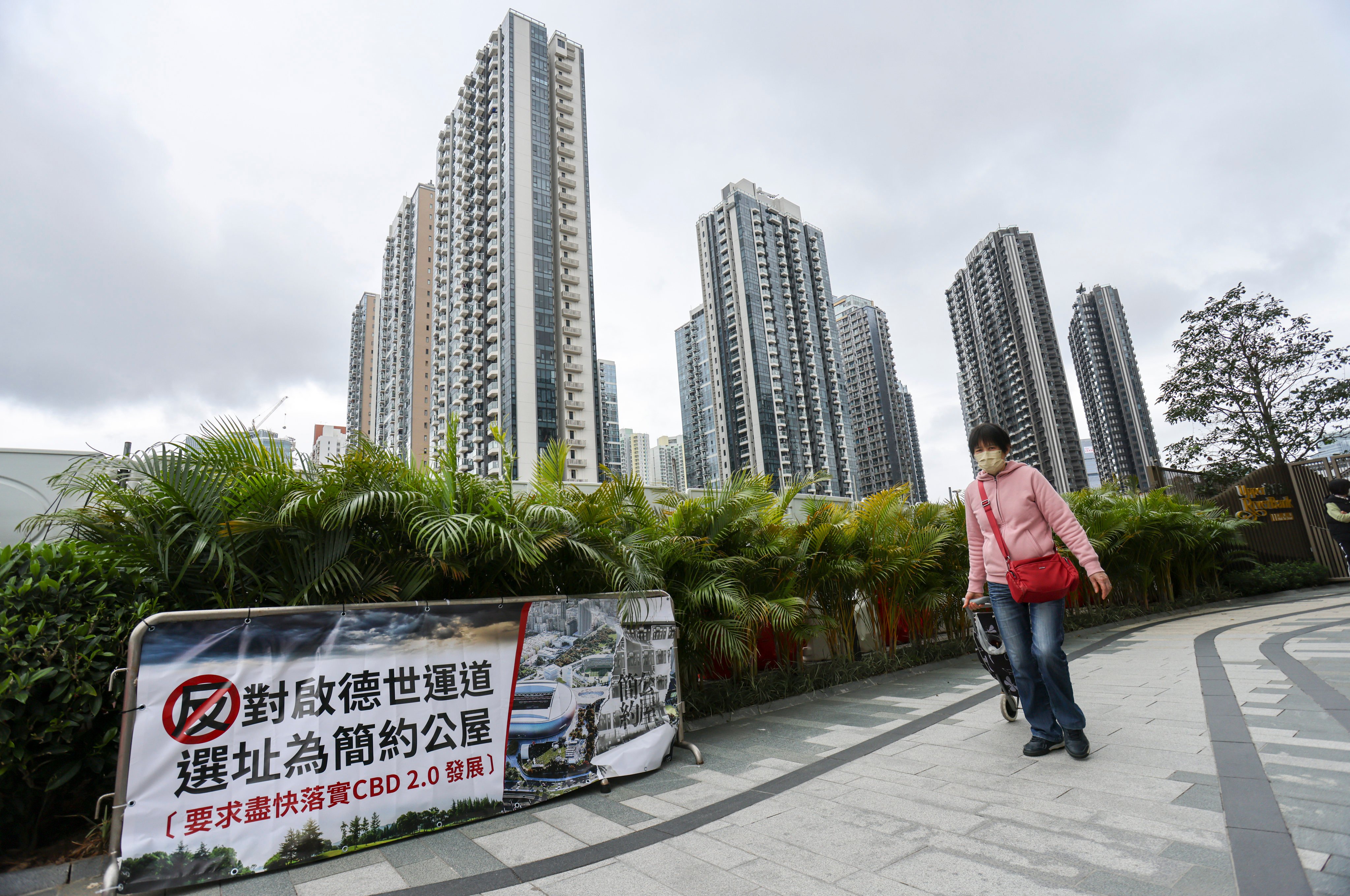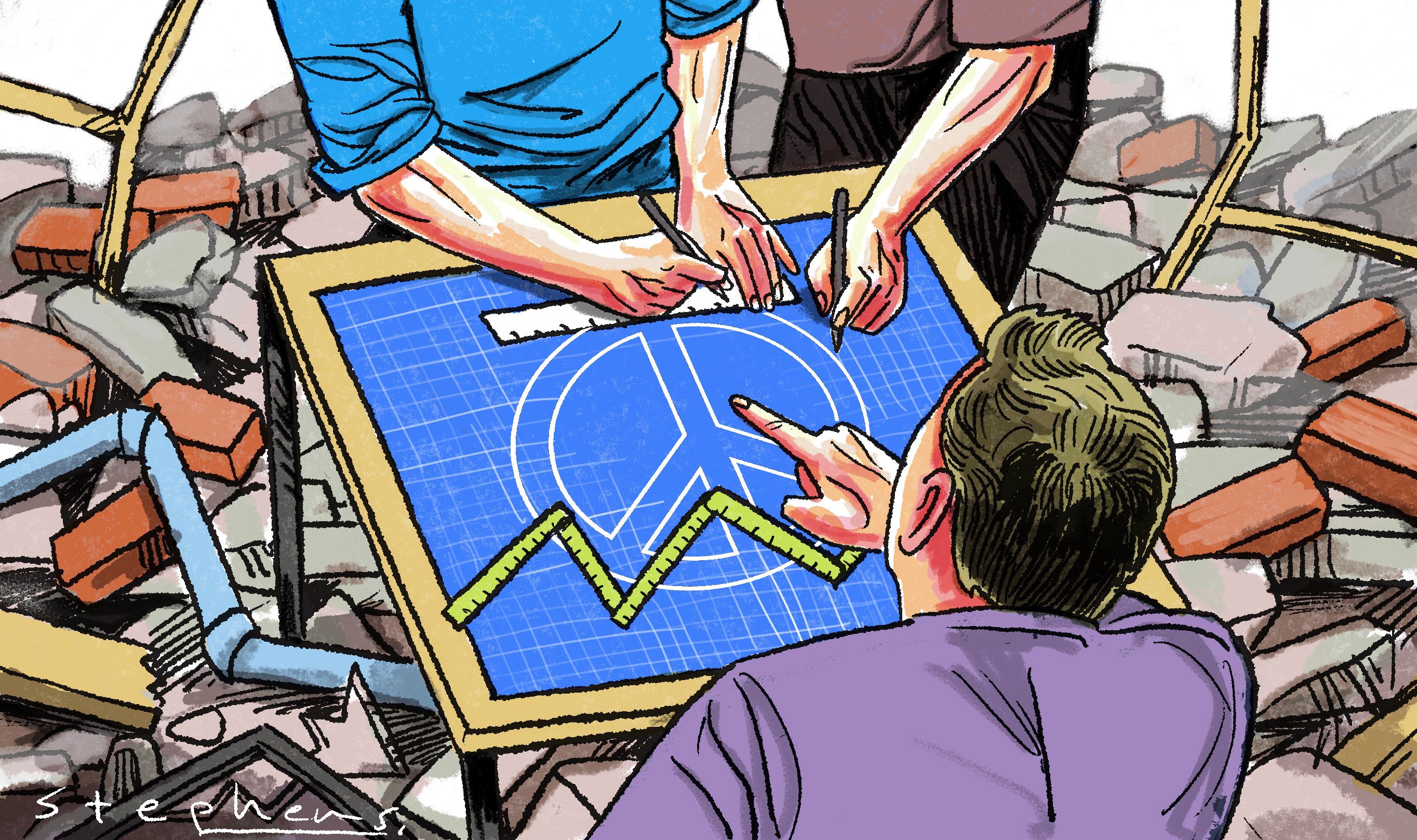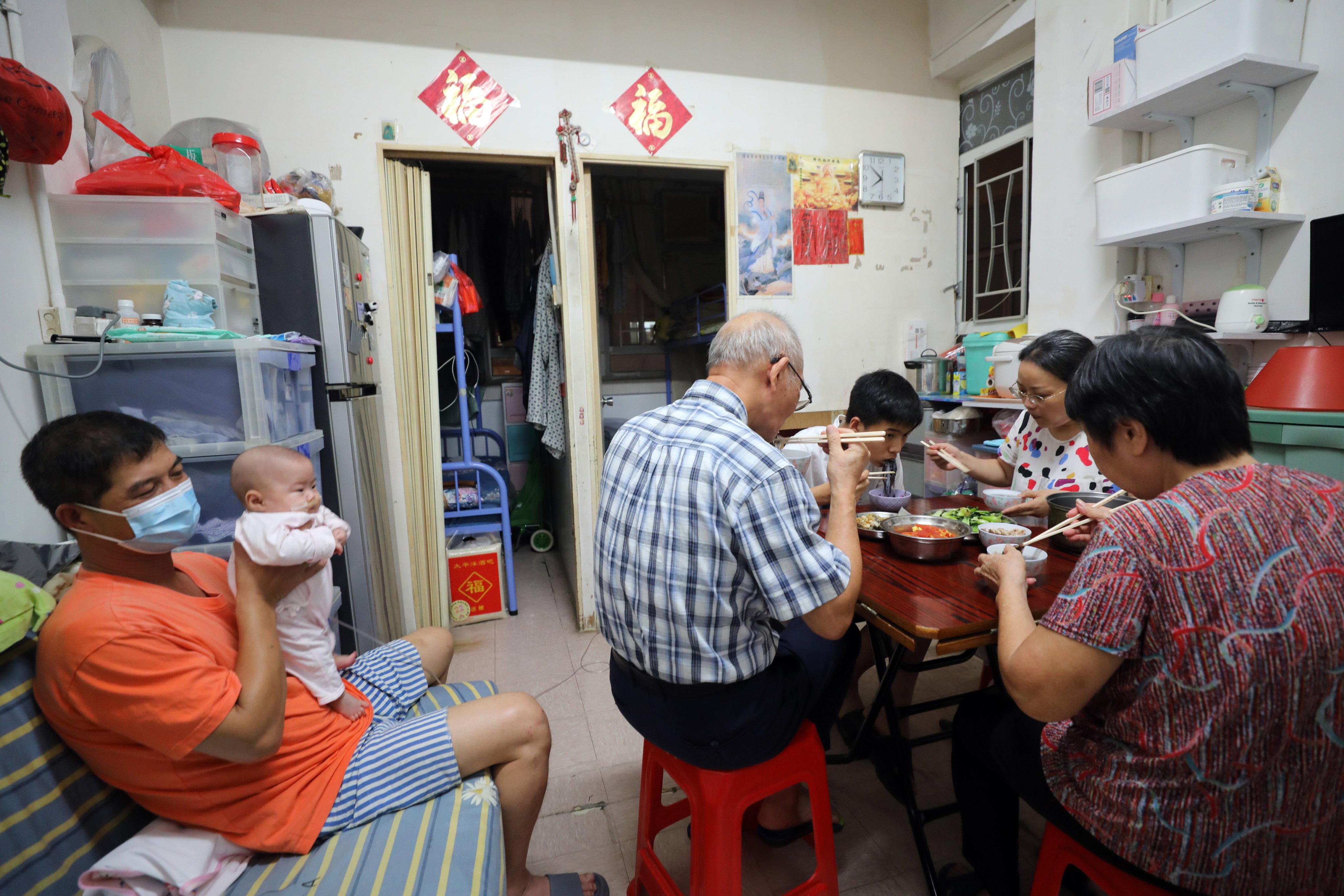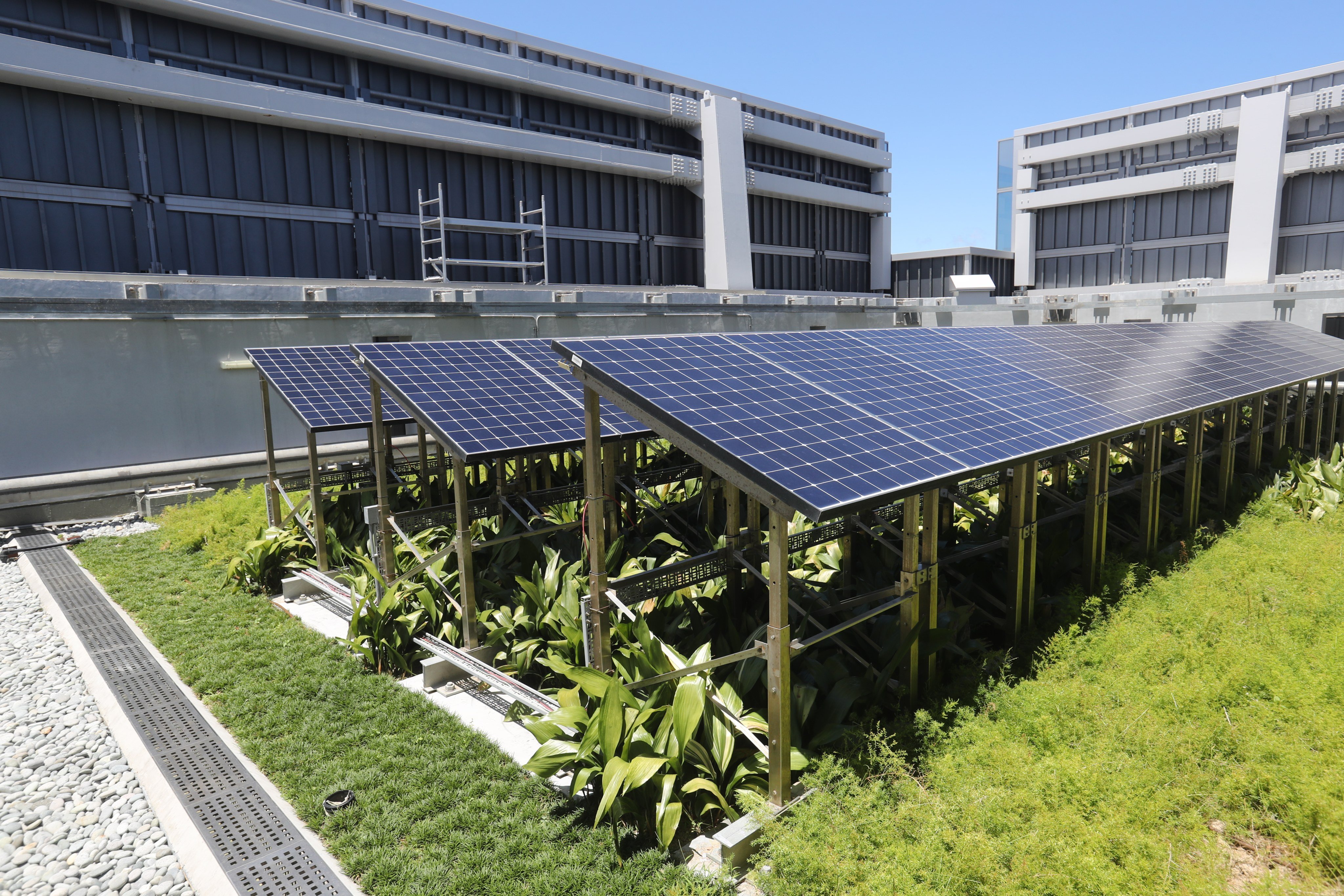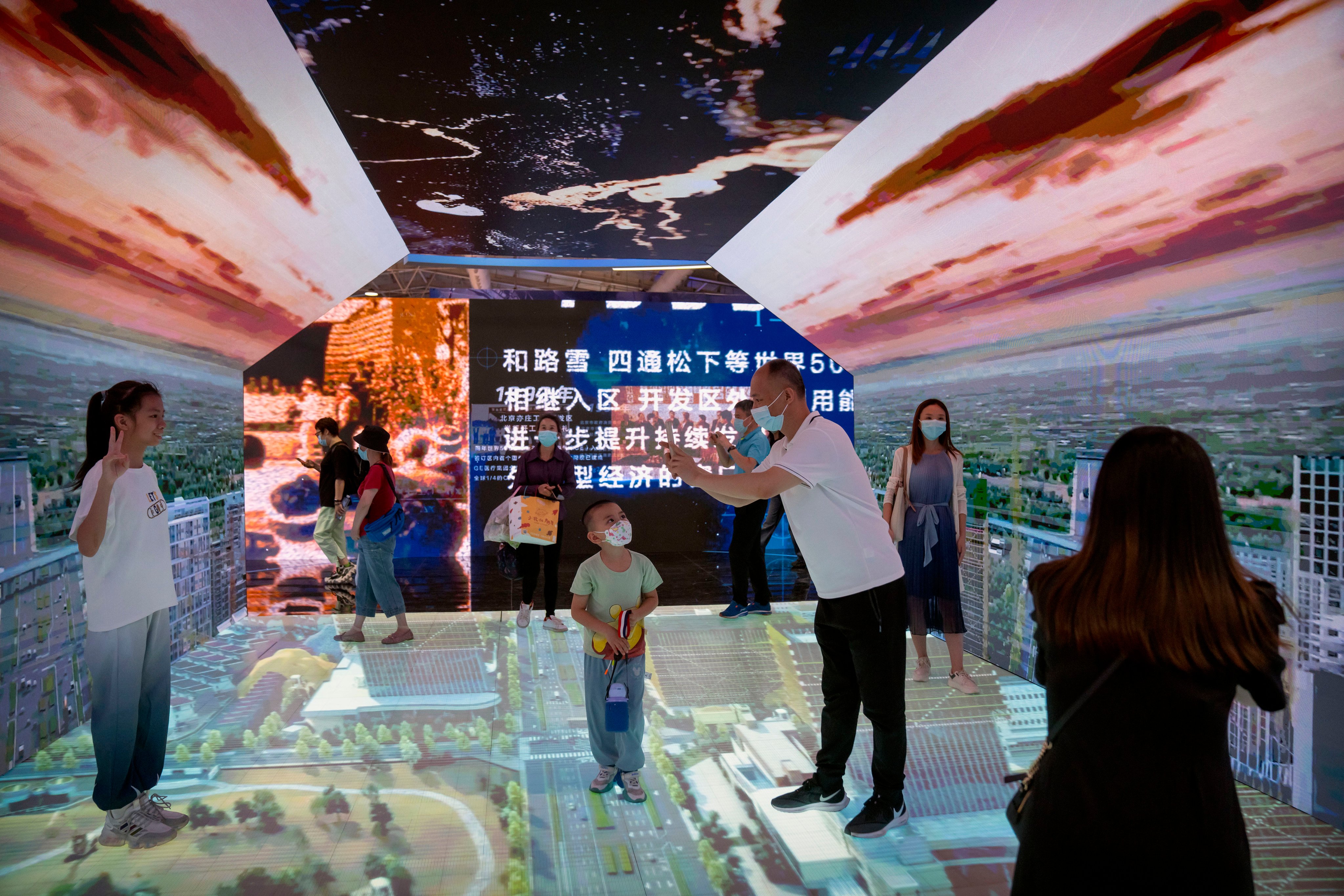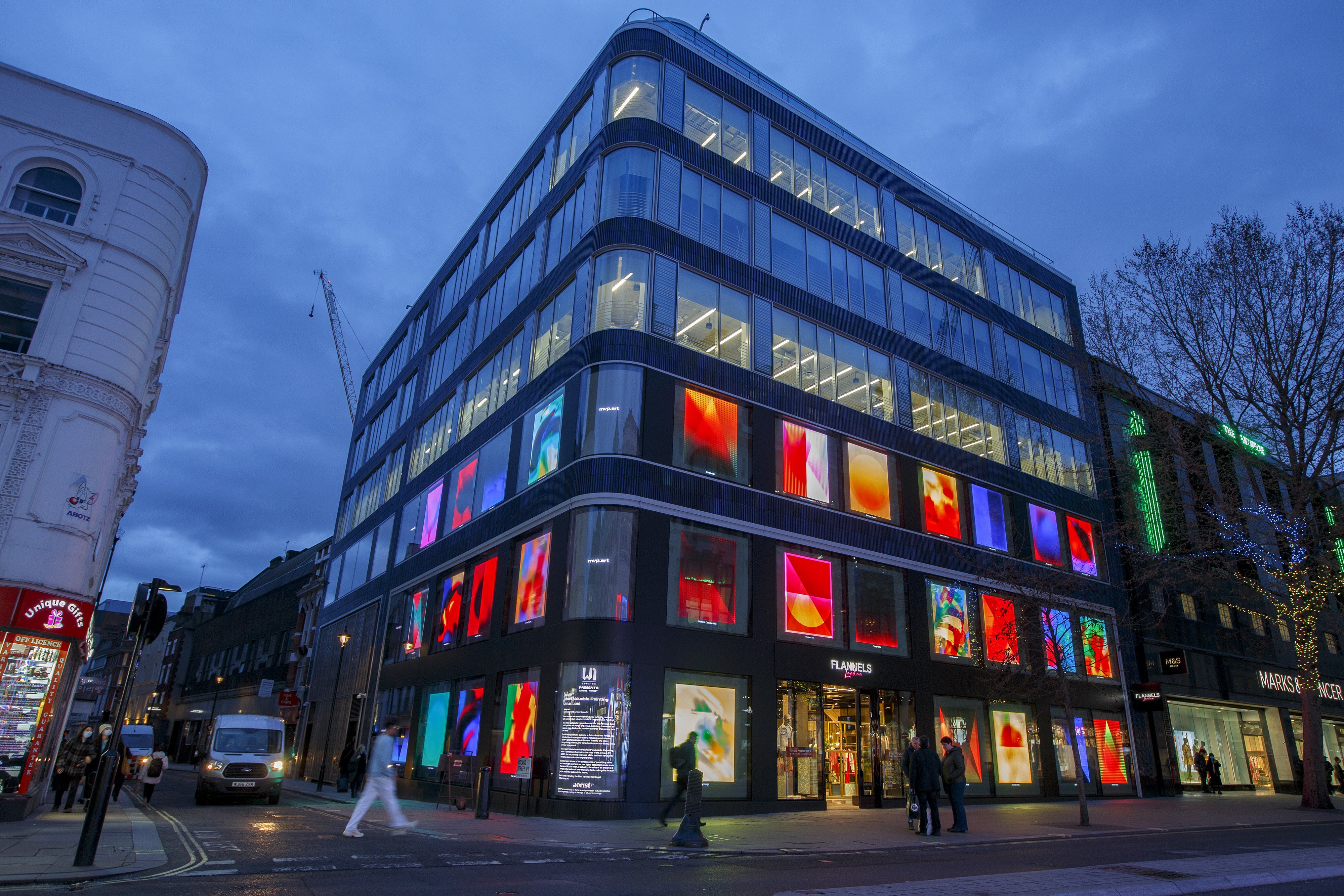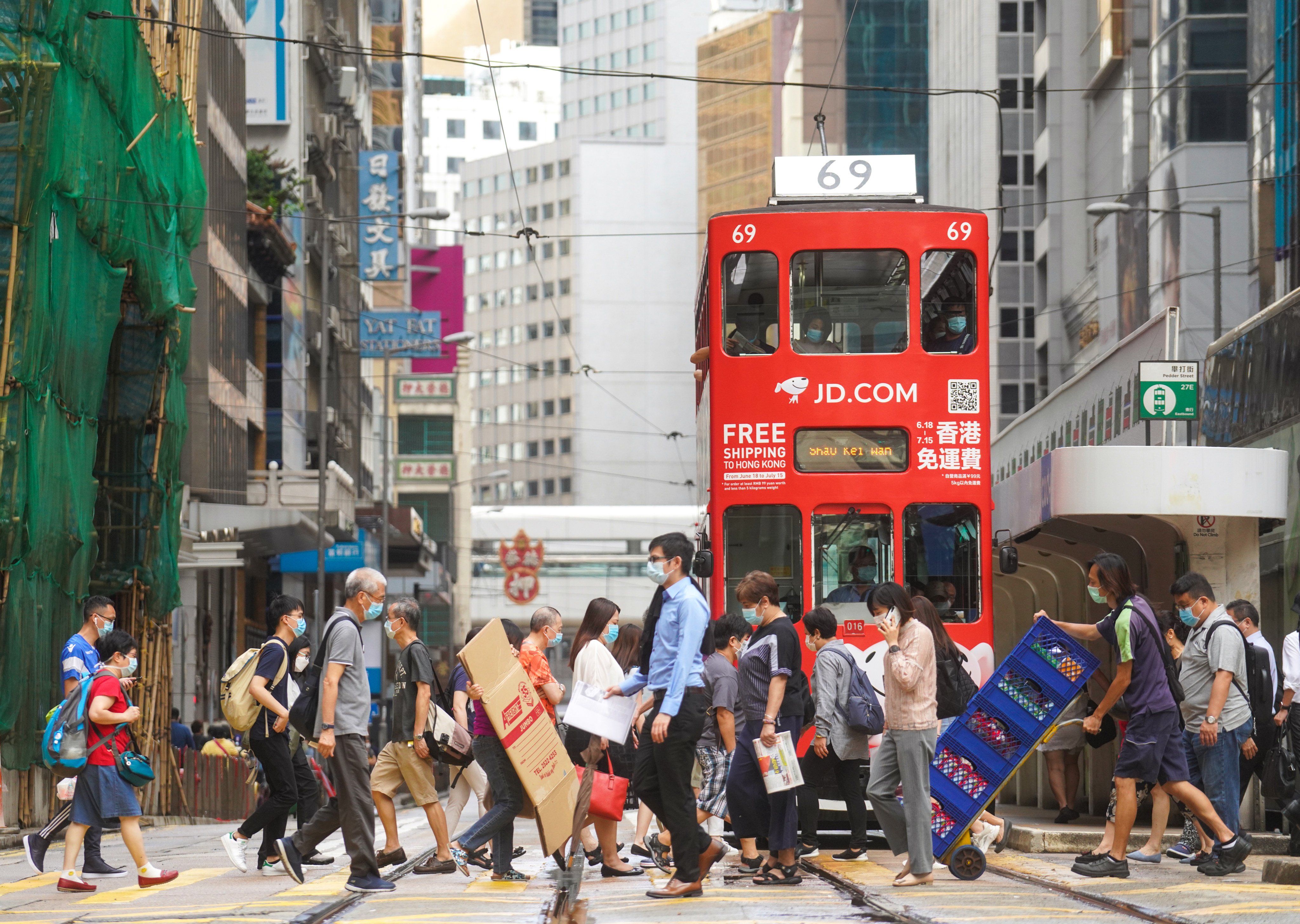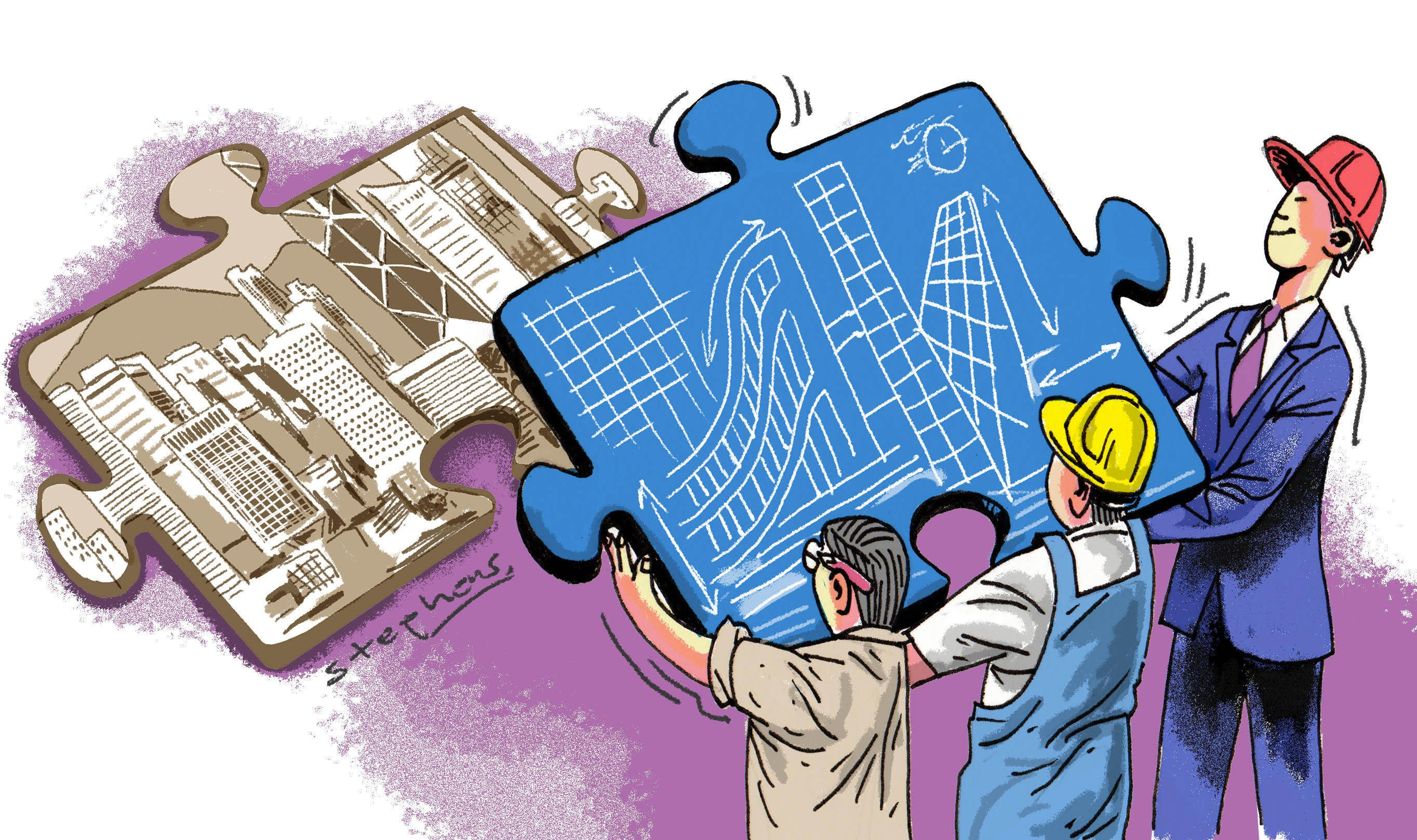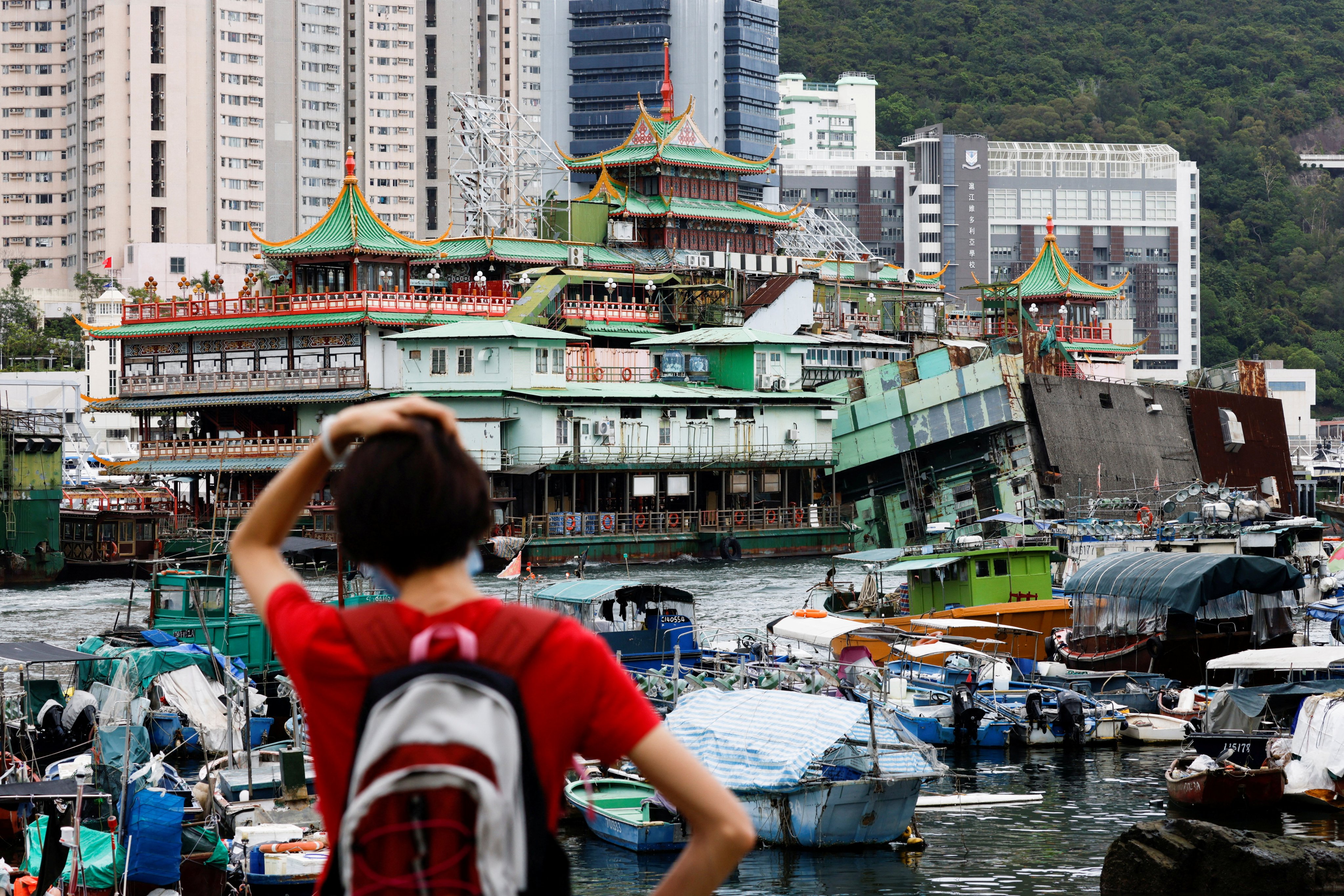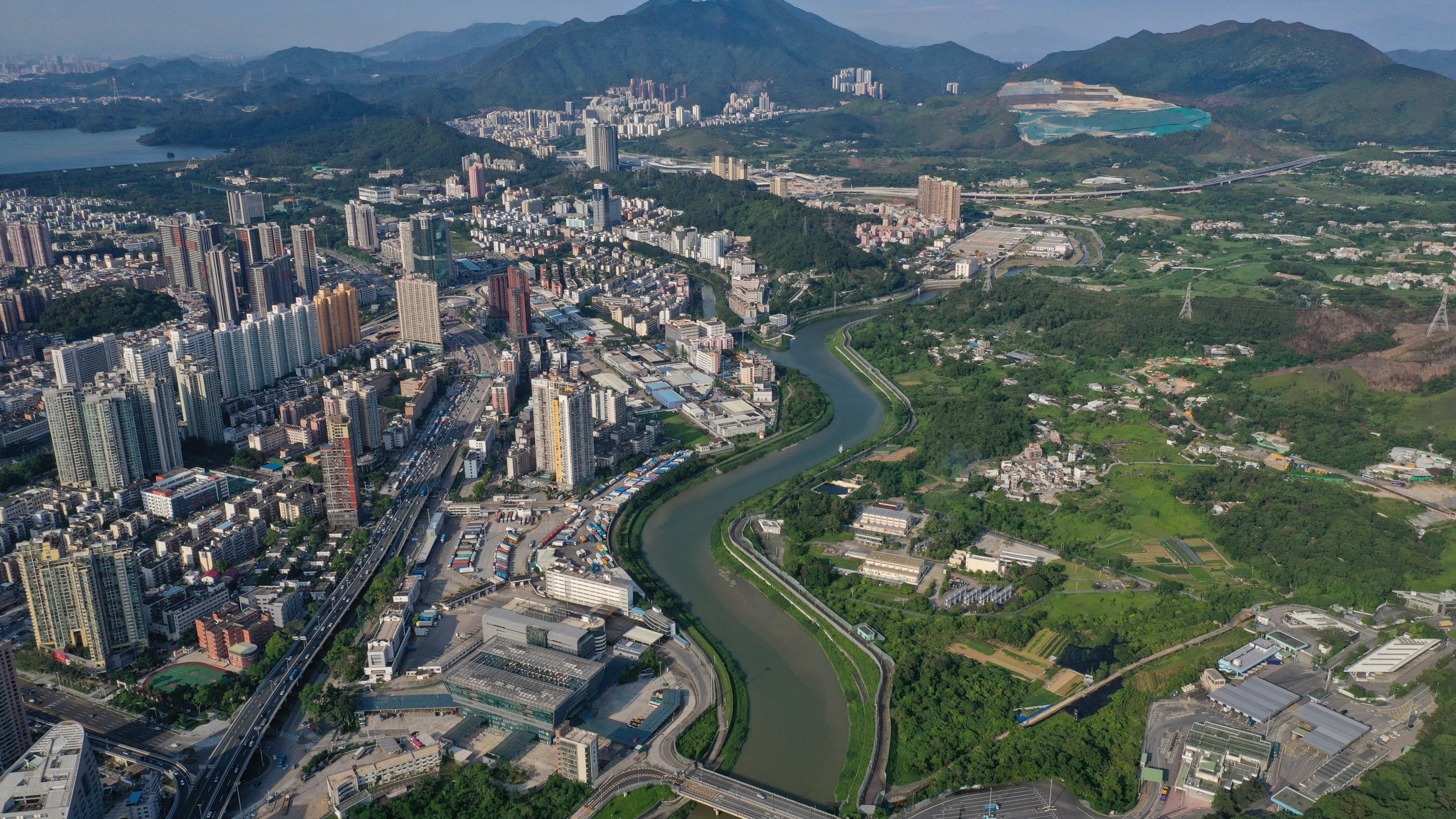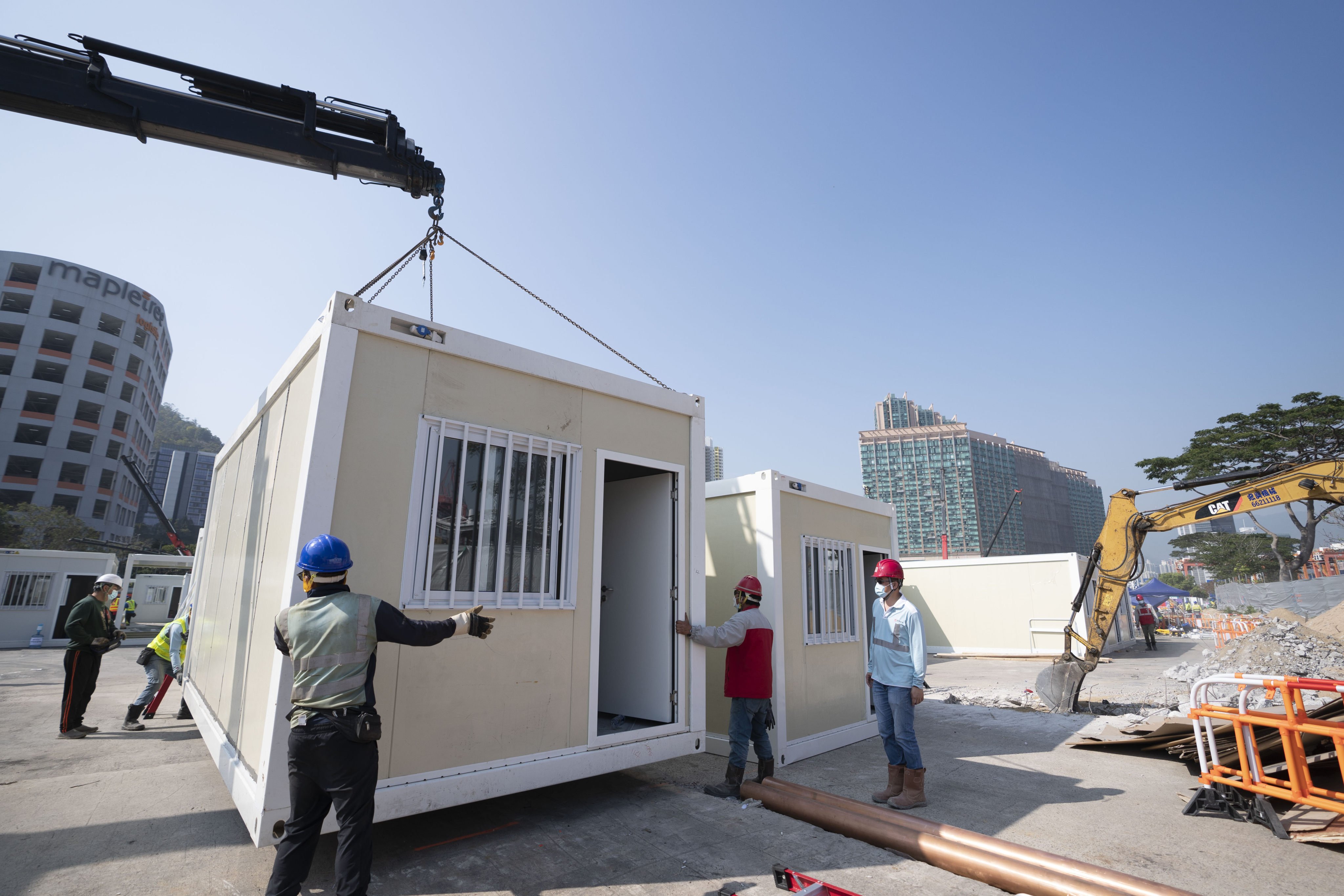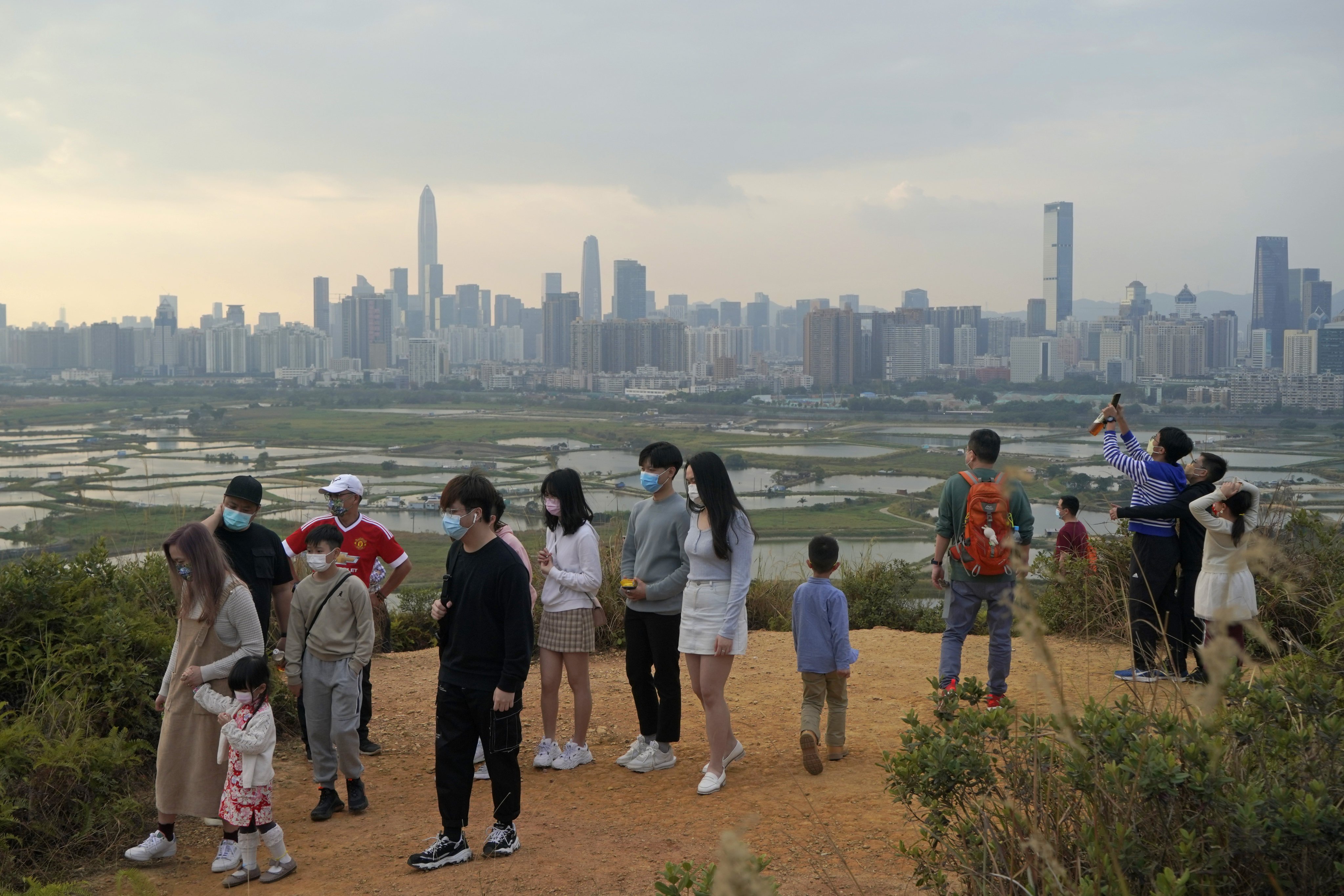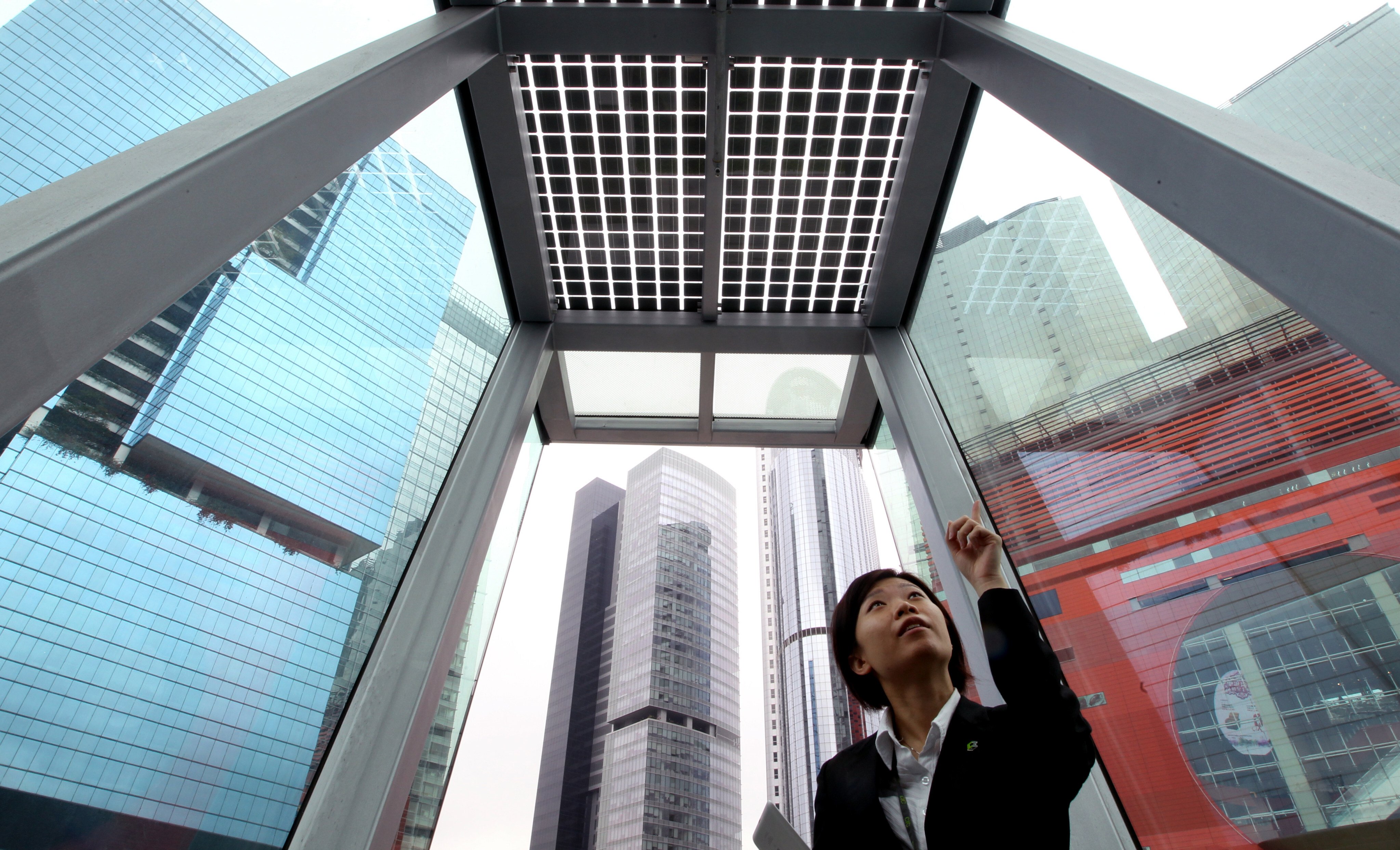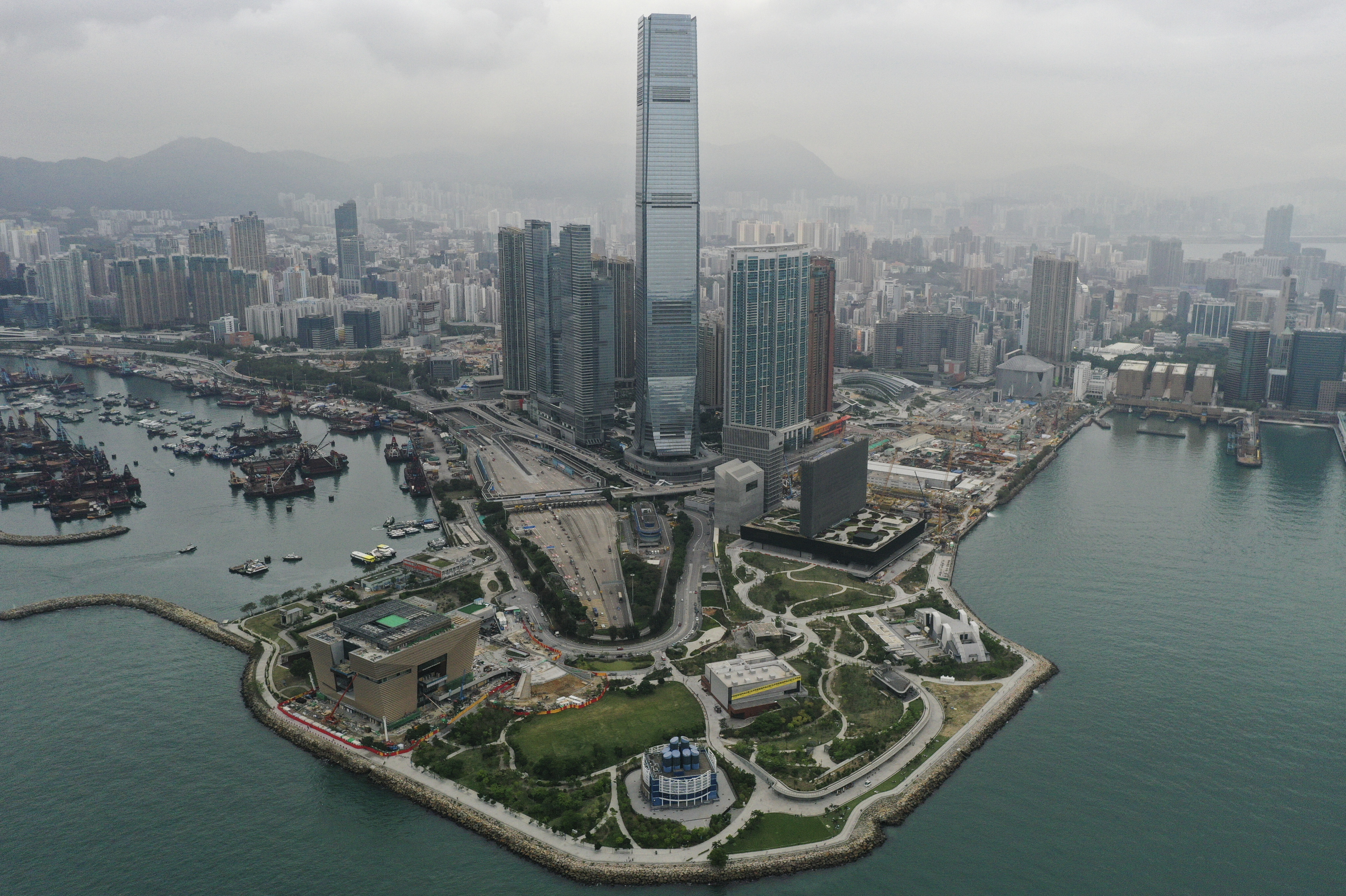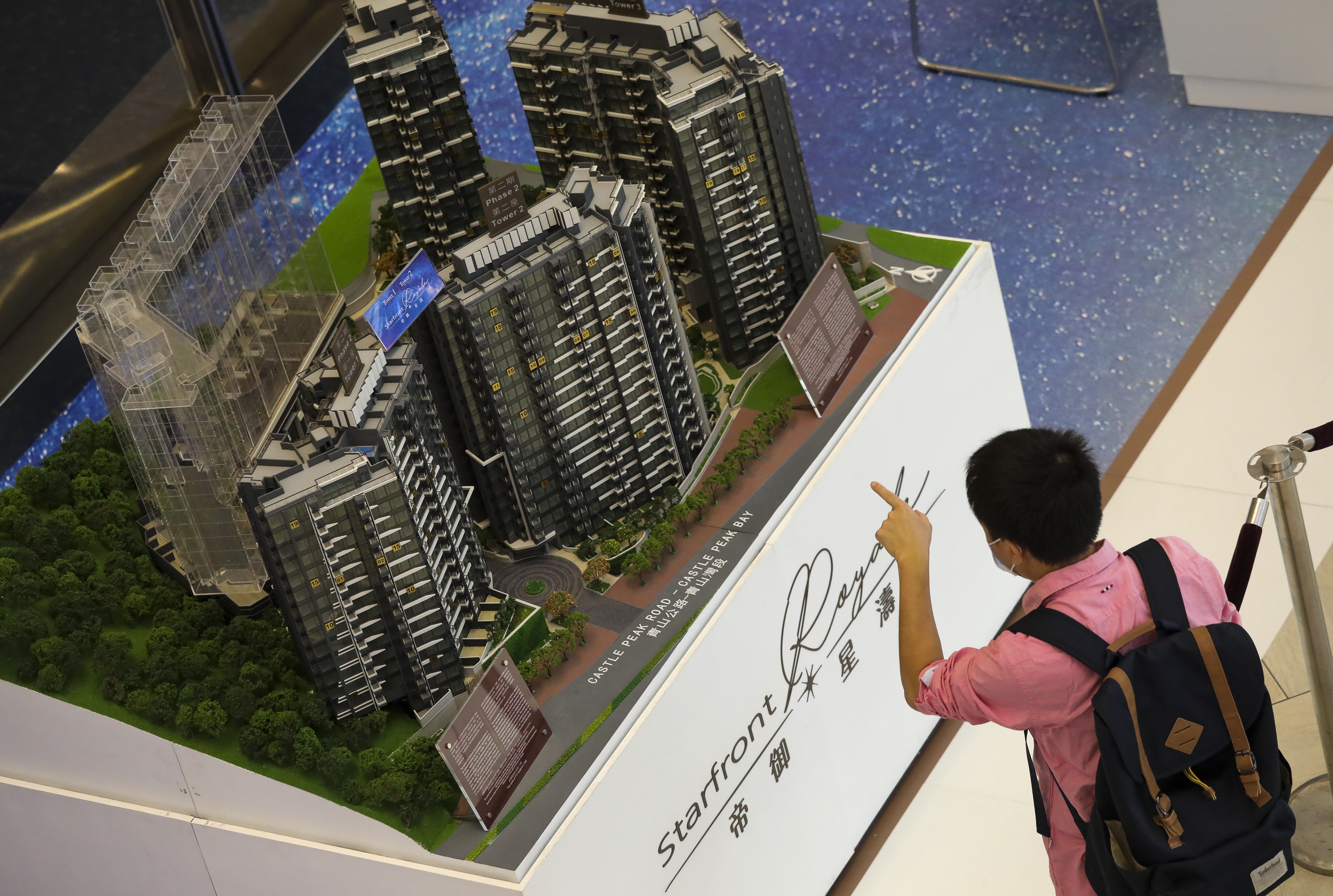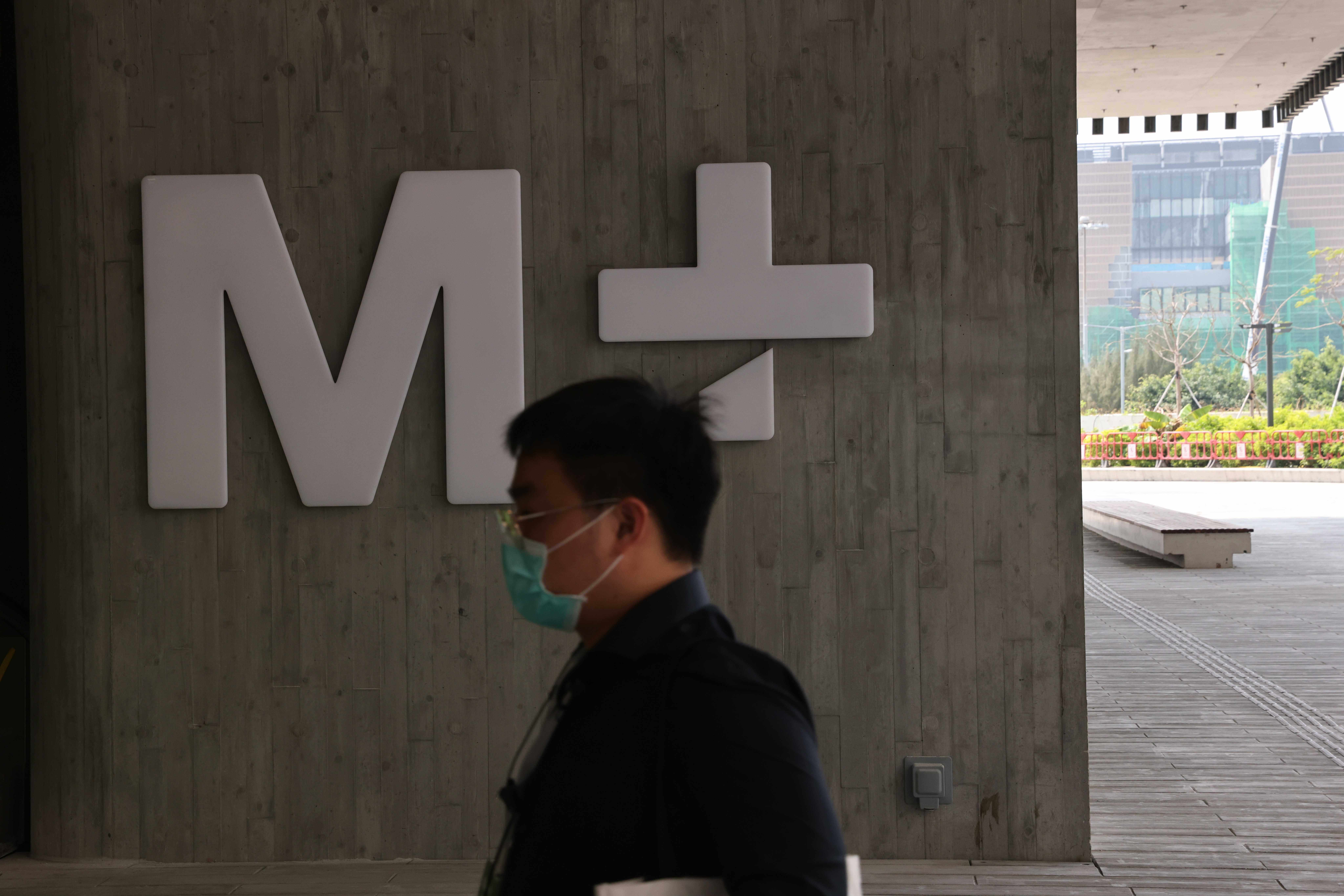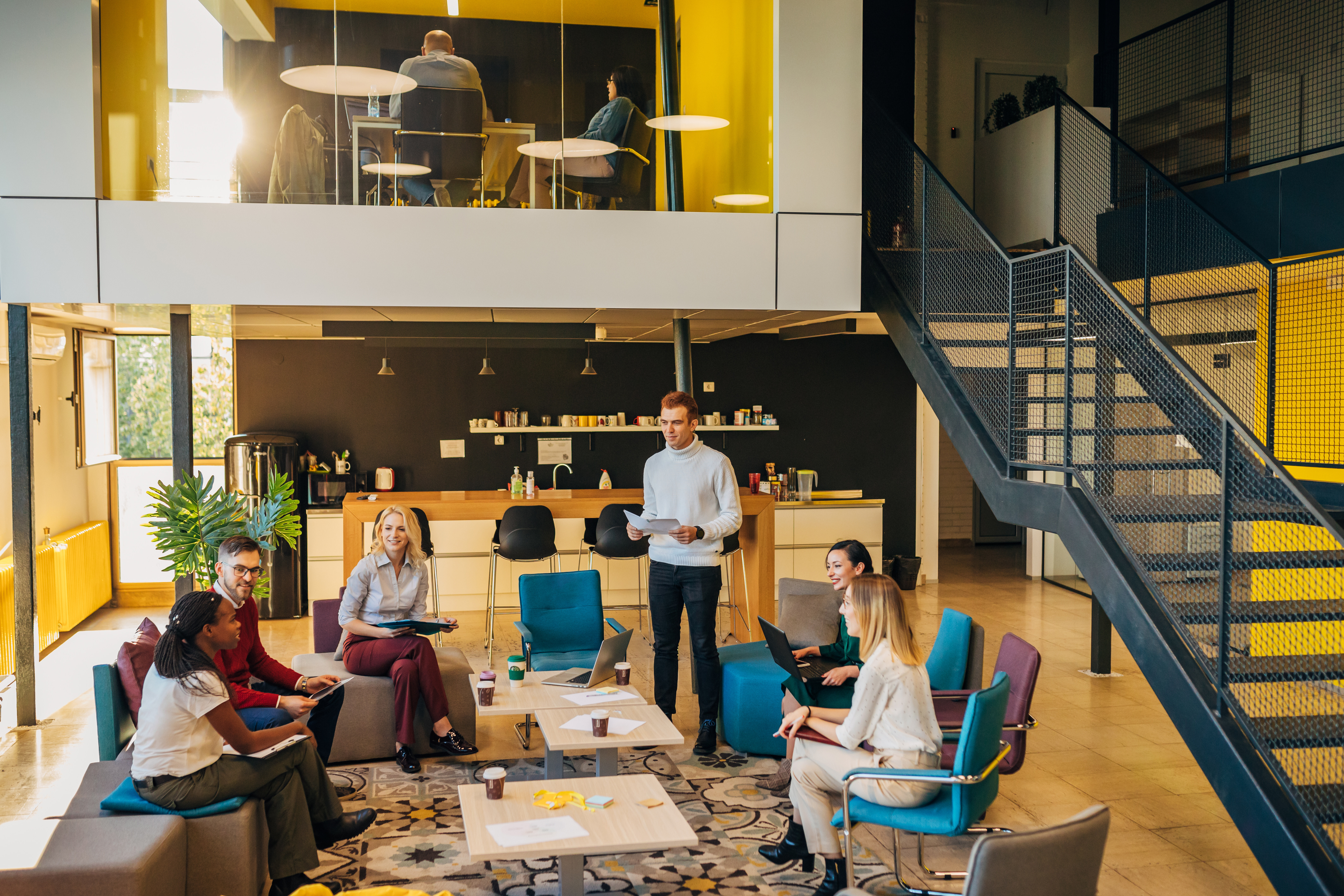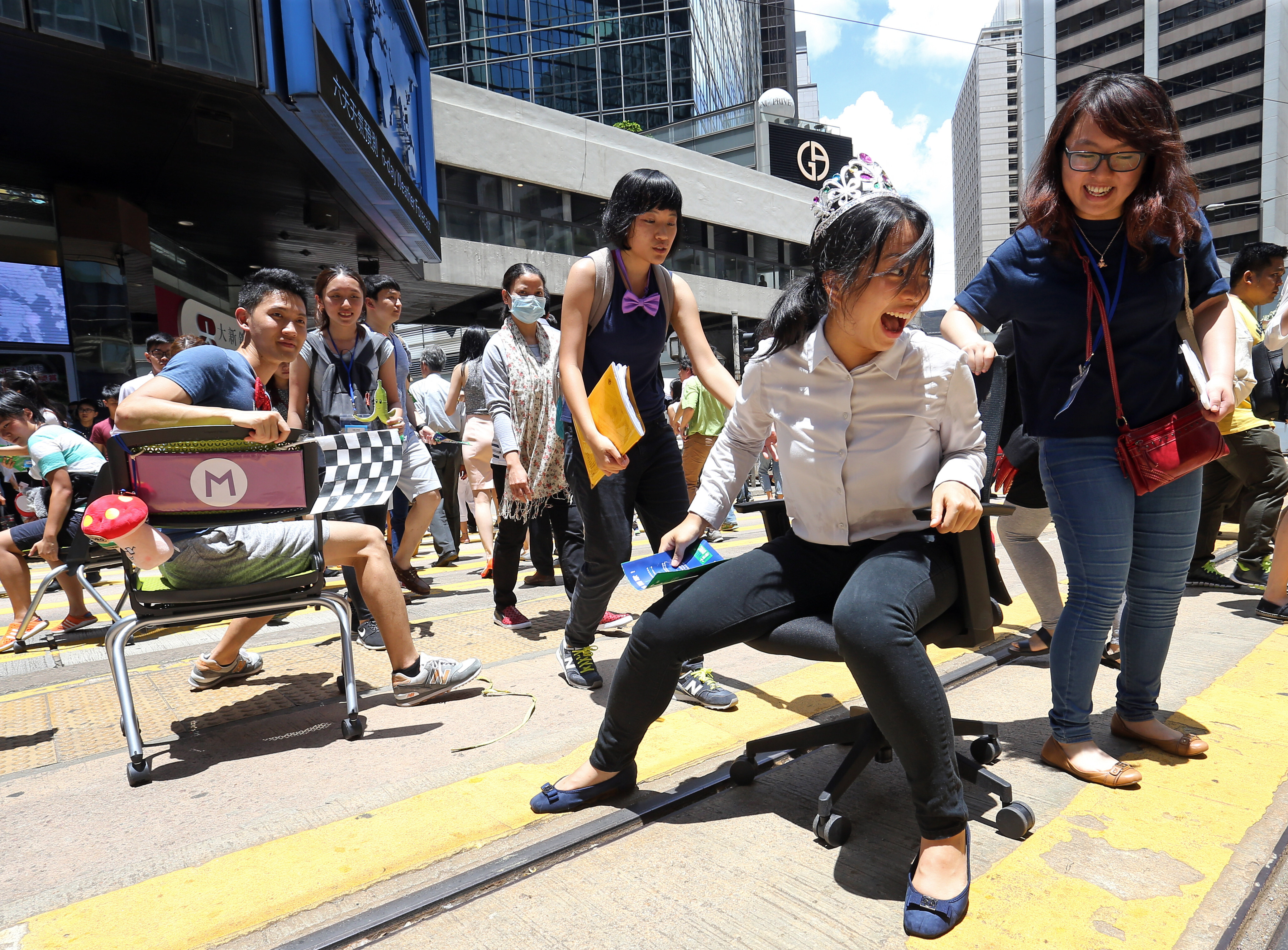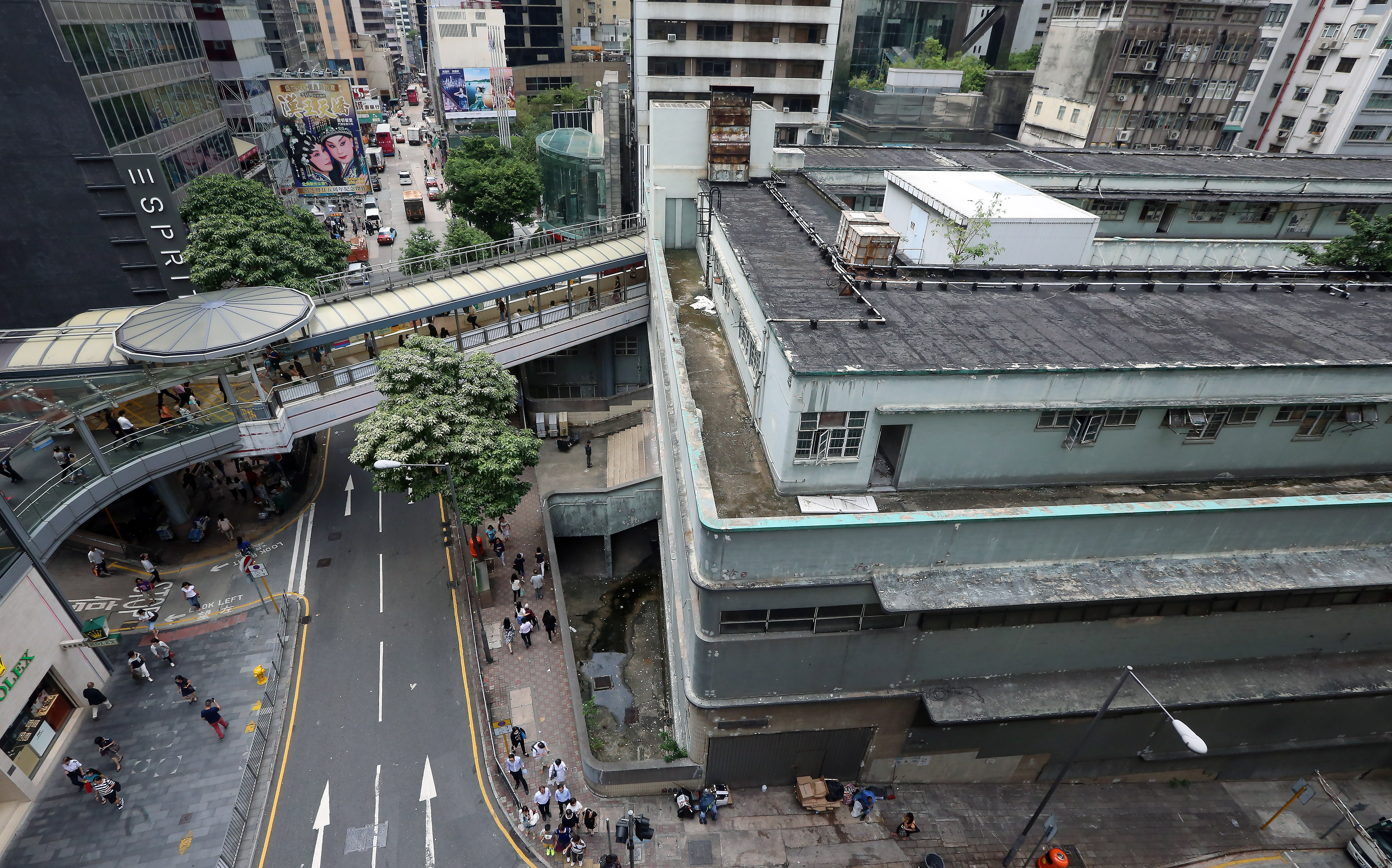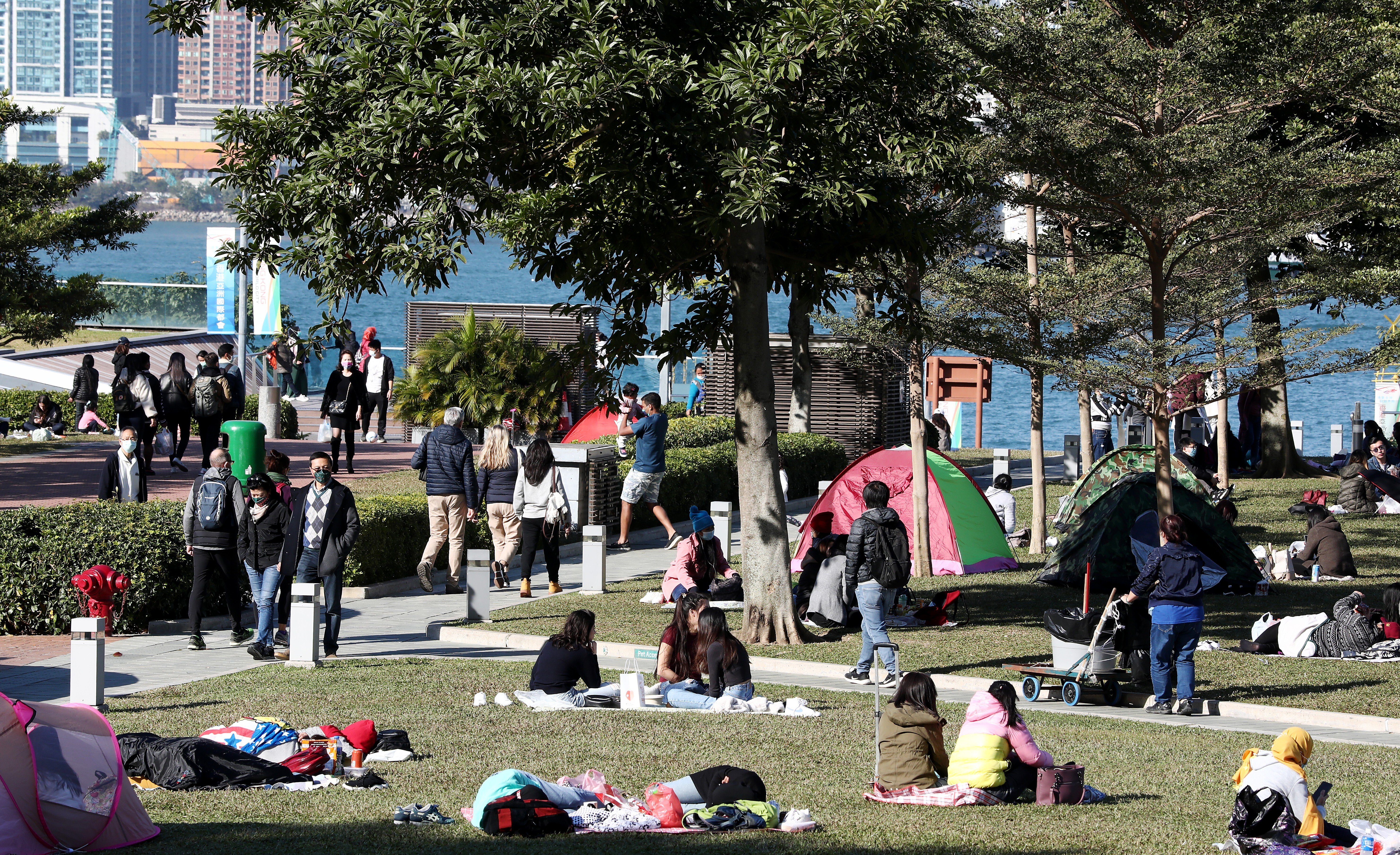
Supporting more public housing does not mean we have to bulldoze what the elite have built, just as advocating for the golf course does not mean we are ignoring those in need. Officials should be looking for creative alternatives and realise that a U-turn would show how much we have evolved.
The phenomenon claims everyone from government officials to New Territories villagers. While keeping safety paramount, it may be time to update building regulations to offer room for creativity.
A study found that 99.5 per cent of large-scale projects globally fail to meet timelines, budgets and objectives but Gehry’s projects do – because he retains control. Problems start when decisions are exclusively made by those who don’t know the design best
Hong Kong’s policies on talent are confusing, with moves to import workers sitting alongside telling local youth to go elsewhere for career opportunities. Leaders should focus on restoring an environment in which people can earn a good living and not fuss over comparisons with other countries and cities.
Generative AI can produce art and design much faster and more perfectly than humans ever could. But it may be too reliant on biased search results from the internet, and it can never come up with truly great art – because it cannot feel like humans do.
Kai Tak protest highlights the challenges of the ‘light public housing’ project, which is now neither cheap nor quick. Far better to repurpose decommissioned quarantine units, which are also modular, and focus on the real mission – permanent public housing.
While builders try to organise and advance society in an orderly manner, war disrupts and sets back the effort, often in the name of building a better world. We should keep building for mutual growth and benefit whether in good times or bad as this is how we move forward.
Building more efficiently would minimise waste and maximise space. And when we understand that the most essential things are not material goods taking up space, we can re-evaluate how much living area we really need.
Landscaping and other green design features are not just pleasing to the eye but can reduce buildings’ overall heat gain, lowering the need for air conditioning. While not a panacea, green design features can limit damage to the environment, bring safety and comfort to users and cut energy consumption.
There is much interest and investment going into the metaverse’s long-term development, but its usefulness beyond escapism is unclear. If innovation is meant to improve our lives, the metaverse must show how it can help solve real-world problems.
While there is value in keeping up with the times and being open to new ideas, we should also question the merits of innovation claims. We should look for sensible uses of technology to improve our lives and not rush blindly to embrace the latest meaningless trend.
If quality of life is to be improved and emissions cut, the city must have concrete plans to discourage private car ownership and create pedestrian-friendly neighbourhoods. Examples in Europe, including financial hub London, offer ideas that are not restricted to technological solutions.
The decision to bulldoze Kowloon Walled City in 1993 wasted a chance to create a cultural treasure that celebrates its history and character. Instead of cookie-cutter shopping centres and residential towers, Hong Kong needs development that evolves from the local characteristics of each district.
The debate over whether and how to aid the struggling restaurant involves asking what makes some buildings worth preserving and not others. Some carry cultural value beyond their economic output, which makes them worth saving as part of our collective history and heritage.
Will there be a future in which young people and skilled professionals aspire to work and live in the Greater Bay Area? Probably, but it must happen organically, not through government hard-sell.
The erection of isolation facilities for Covid-19 patients show that, when the authorities get serious, they can build quickly. But it shouldn’t take a crisis to realise Hong Kong’s potential; the city should be at the forefront of construction research and development.
There is no lack of smaller-scale, feasible ideas to solve the city’s long-standing housing problem. Big-budget, flashy mega projects like the Northern Metropolis and Lantau Tomorrow, which take decades to complete, aren’t the answer.
Hong Kong should revolutionise its building codes, to enable owners and developers to innovate. Beyond that, we should be investing 2 per cent of our annual GDP to achieve a net-zero carbon economy, generating returns from green initiatives to attract developers and investors.
From the M+ to the Palace Museum, none of the high-profile venues in the West Kowloon Cultural District were offered up for greater participation in truly open design competitions, a missed chance to include the public and build civic pride.
Given that property is viewed as an investment in Hong Kong, increasing land supply will not make housing more affordable. Rather, Hong Kong needs systemic change and may have to choose between Eastern and Western approaches to land ownership.
Beijing loyalists who wish to please the authorities should understand that art appreciation is personal by nature, and that controversial art feeds on controversy.
A healthy working environment becomes a communal space for sharing ideas and creating synergy. Instead of advocating working from home, we should reimagine an office as a home away from home that can inspire employees.
Hong Kong needs quality public spaces to ease congestion and improve quality of life. This requires citywide planning rather than piecemeal efforts. Randomly creating a pedestrian zone without sound rationale would not add value for the public or the environment.
While commerce and responsible design are not necessarily incompatible, unlike other revitalisation projects in the area, Central Market will be operated by the Urban Renewal Authority and a private developer. Will they be able to resist the purely profit motive?
Hong Kong has world-class country parks and hiking trails but nothing in the city that offers a true escape, like New York’s Central Park or Hyde Park in London, and proposals to build a dedicated cycle path have been to no avail. This must change.
The pandemic is devastating the city’s economy, which is already braced for population ageing and rising public spending. Government projections of sizeable returns on the Lantau development also contrast with other less-rosy forecasts.
